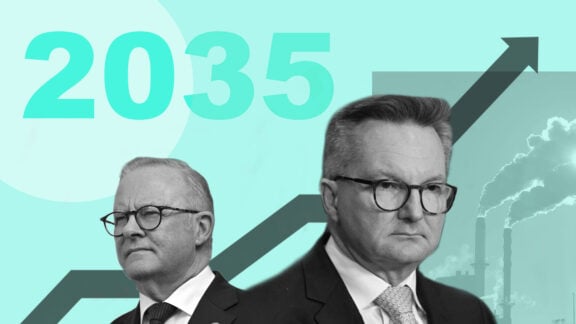Former Liberal treasurer Peter Costello this week called for the government to give Australians certainty over their superannuation savings.
“If you want to put money away for 20, 30 or 40 years you have to have some certainty it’s going to be there when you retire. Peter Costello
Speaking to the ABC, Mr Costello said changes made to superannuation rules in recent years had damaged savers’ confidence.
“I think during the last government there were something like, I counted up to 33 different changes in budgets and mid-year reviews to superannuation,” he said.
“People just don’t trust superannuation as being a long-term vehicle anymore [because] they know the rules are going to vary from year to year.”
Mr Costello added that people needed to be reassured super savings were safe and that Australians were “afraid to lock voluntary money into the system, which is why it’s running on compulsory contributions.
“If you want to put money away for 20, 30 or 40 years you have to have some certainty it’s going to be there when you retire, and I think the government’s got to give it some certainty.”
A productivity commission review into superannuation released on Wednesday reported that the majority of Australians had only small amounts of superannuation savings when they reached retirement age.
According to the review, about 40 per cent of people aged 64 had no superannuation savings at all, and by the time people reached age 80, only 17 per cent had any remaining.
Harry Giannakidis, a partner at Mills Oakley Lawyers, said Mr Costello’s concerns should be heeded.
“I hear it first-hand from many of my clients. They’re unwilling to put more money into super because each successive government changes the goalposts.
“They don’t know how it will be taxed in the future, or when they will be able to access their funds,” said Mr Giannakidis.
“The preservation age is on the move from 55 to 60 years. Who knows what it will be in a generation’s time with our ageing population on the increase?”
The Melbourne lawyer told Neos Kosmos that with superannuation being used increasingly as a wealth accumulation tool for children, rather than for retirement benefits, the government may be prompted to make further changes.
“People do not understand the highly complex tax, investment and compliance regulations. They want a simpler set of rules.”
Despite the constant changes, Mr Giannakidis said that the superannuation system will always remain a tax-effective vehicle to boost retirement savings.
“Governments will keep it that way to wean the Australian people off the aged pension system.”









